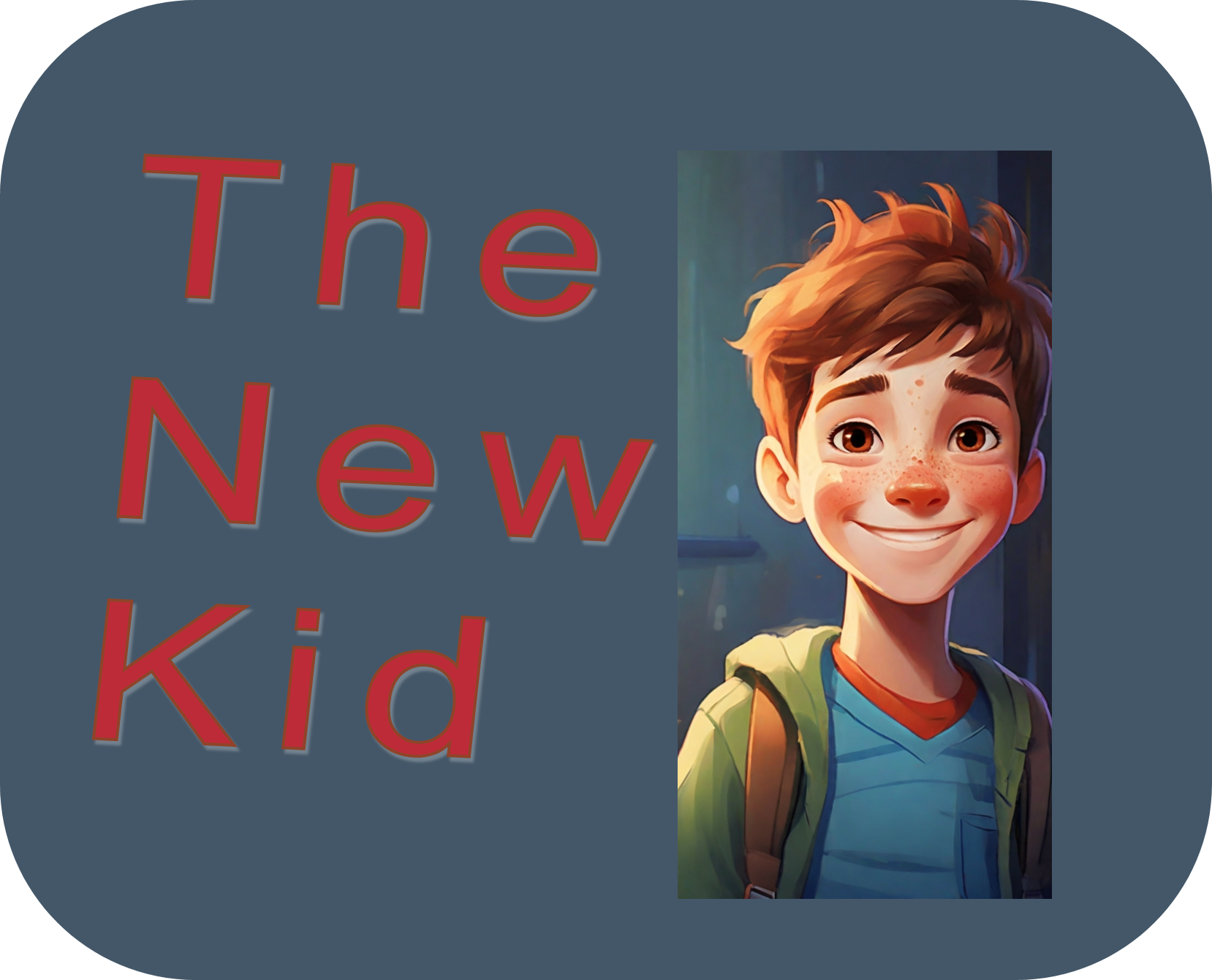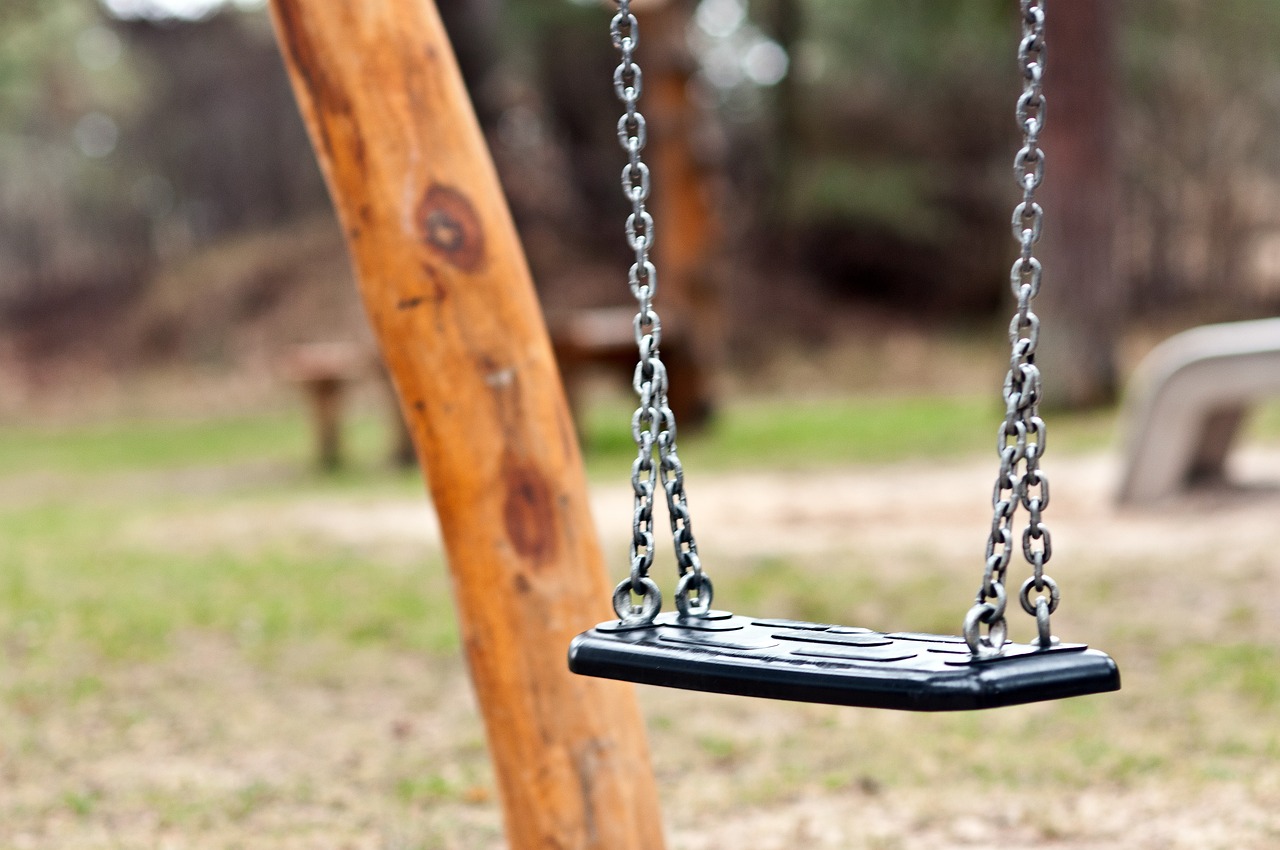
191-second Stories

Appaloosa Radio now offers extrmely short audio stories, i.e., stories that generally run less than five minutes.
ENJOY!

Estate Sale
A 91-second Story
For Appaloosa Radio
Last weekend, there was an estate sale at a house that is around the corner from ours. The elderly gentleman who had lived there for over thirty-five years had died about a month before. Kathy Hawthorne, who is the unofficial “keeper” of information in our neighborhood, said that he had died at home and that it was a couple of days before his children came over to check on him.
So, last weekend they held an estate sale. About an hour before it closed, we walked over to check things out.
Estate Sale
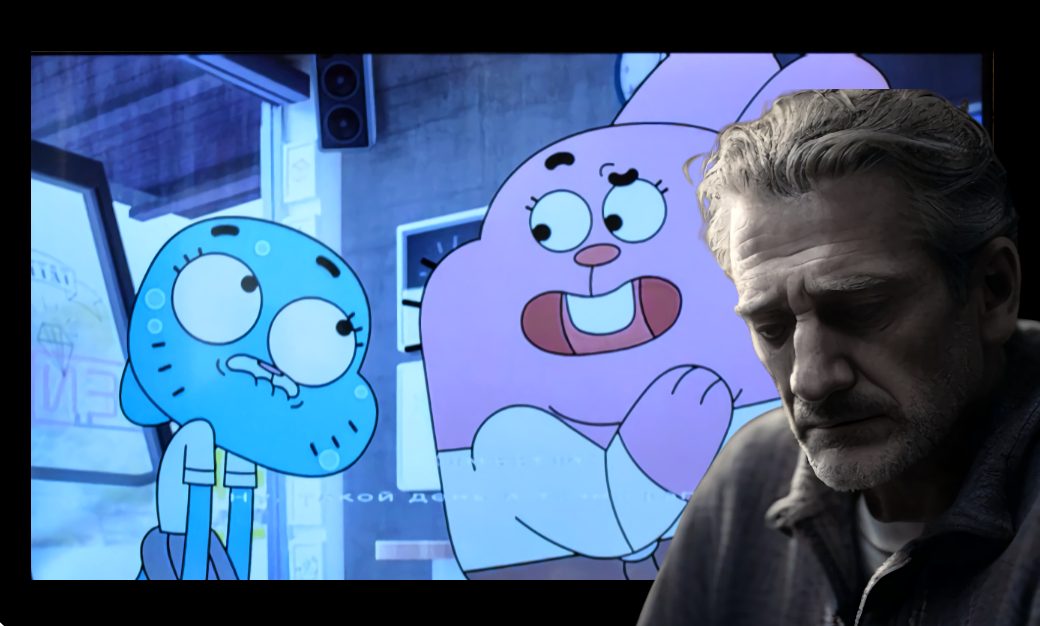
REWIND
Rewind
An Extremely Short Story
By Dianne Pollarino
Robert had been the most intelligent guy in his high school graduating class. Straight A. 1400 on the SAT.
And he played basketball and played it well. Good looking. Great sense of humor. Easy going. Graduated from MIT in three years. Started his own company inventing gizmos that the aerospace industry could not get enough of.
By 30, his net worth approached half a billion dollars.
She had dated Robert while they were in high school. She became a pediatric nurse. With his great sense of humor, he proposed to her in a note pinned in a baby’s diaper!
Now, he was 57 and suffering from advanced Alzheimer’s. Every week, on the online form, she recorded another lost function.
~ VIEW VIDEO ~

Hummingbirds
A 91-second Story
For Appaloosa Radio
We have a feeder near our dining room window and can easily watch the hummers come and go.
Hummingbirds

The Pond
A 191-second story
For Appaloosa Radio
Three times a week, Owen Namura drove his mother from her mobile home to the pond in the park. He would unload her walker and then assist her to walk the 200 yards to the stone wall surrounding the pond, and then help her to sit on it.
Once she was situated, each would smoke a cigarette. He used to smoke a cigar, but she did not like its smell. So, he chose mentholated cigarettes instead.
They would look at the pond, but neither would speak. Then after twenty minutes or so, Owen would help his mother to stand and then assist her as she slowly walked back to the car. As he drove her back to her immaculately maintained mobile home, surrounded by thousands of carefully tended flowers, they would sometimes converse in Japanese.
The Pond
My Father Beat Me
A 91-second Story
Created for Appaloosa Radio
Kenneth Pattchett
Private Journal Entry
June 17, 1973
My father beat me. Not just the occasional swat. No. He used his leather razor strap to hit me multiple times on my legs, on my hips, and on my back. He would do it three or four times a week. I remember that when I was thirteen, he beat me eight times during the same week. That’s right, twice in the same day.
When I say “multiple times” I mean 15 to 20 hits. Each delivered with the full force of his massive frame.
Of course, my two brothers also received the same punishment, but I was the one most likely to say something that he judged to be insubordinate; so I was hit more frequently and each time with more blows. He expected immediate and complete responses to any of his requests. “Now, and I mean now!”
My father was a large man. He spent his summers farming our 92 acres. In the winters, he drove a coal truck, delivering coal to businesses all over Akron, Ohio. He carried those big coal sacks like they were tissue paper. Sometimes, he would carry two or three at a time.
It was the Depression and times were hard. The company used have two men on a truck. But they fired on and made my father do the work of two men. And he did. Twelve hours a day in the winter cold. His job fed us and gave us a house.
But, it made him the absolute lord of the manor. We all had to do what he said, as he said, when he said. No complaints. No backtalk. Even if he was wrong, we could never tell him so.
And, he spent his paycheck as he saw fit. If that meant, going to our neighborhood tavern before the grocery store, then that was the way it was.
My Father Beat Me

Where Did the Rabbits Go?
A 191-second Story
For Appaloosa Radio
In the old lumber camp on Lake Ballenger, the rain was incessant, but never fierce. The ground squished whenever I walked on it, and I would always proudly wear my red rubber boots whenever I was out.
Sometimes, it puddled, and at four, I could never resist jumping in.
The new house that my father was building on the weekends when he was not away working on the newly expanded hydroelectric dams, was on a small hill overlooking the lake. Down below it, in one of the old loggers’ cabins, lived my grandparents.
Every afternoon, about an hour before sunset, I would walk down from our house to my grandparents, and then follow my grandfather to the rabbit cages. He had built about 75 cages in the level area where the old sawmill used to be. In the late afternoon, he would go down to the small feed shed, fill a large metal basket with green rabbit pellets, and then wheel it down the gravel path and over the small creek to the cages. I remember that we had to cross the creek on a slab of firewood that my grandfather used as a bridge. Really scary. Every time we crossed over, I felt the wiggles and worried that I would fall into the creek and then be rushed down into the lake. Making it across felt like conquering Everest!
Once a month, a man with a truck would come by and buy a dozen or so rabbits from my grandfather. At four, I did not know what the “man” did with the rabbits. They just went to some happy place where they could be with their rabbit friends.
Where Did the Rabbits Go?
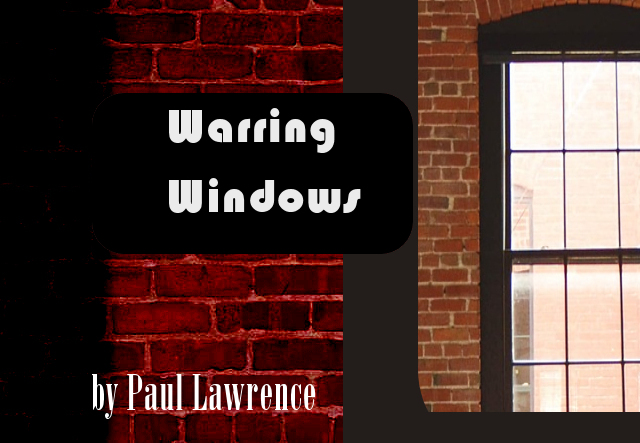
Warring Windows
By Paul Lawrence
A 191-Second Story
In 1976, as a young professional, I joined a large State agency and was assigned a cubicle in a former conference room, now converted to office space. Our headquarters building had been built during the 1930s and was much too small for its present contingent of employees. My cubicle was on the far left next to a wall. Christopher’s was at the far end, also adjacent to a wall. In between us lay the cubicles of two women, Kathy and Sarah, and (most importantly) the room’s only window, a narrow but very tall window with a decorative screen on the outside.
Since the use of the conference room for cubicles was only to be “temporary,” the walls between the cubicles were not attached to the floor and hence movable.
During my first week there, the window was in Sarah’s cube, but over the weekend, the walls were moved and the window was now in Kathy’s. Then, a couple days later, it was back in Sarah’s. This time the walls were wedged between some very heavy boxes. Not to be deterred, Kathy moved all the heavy boxes back to a storage closet one evening after we had all left.
But, two days later, the window was back in Sarah’s cube.
As the walls continued to move, the relationship between the women deteriorated.
Warring Windows
~ VIEW VIDEO ~
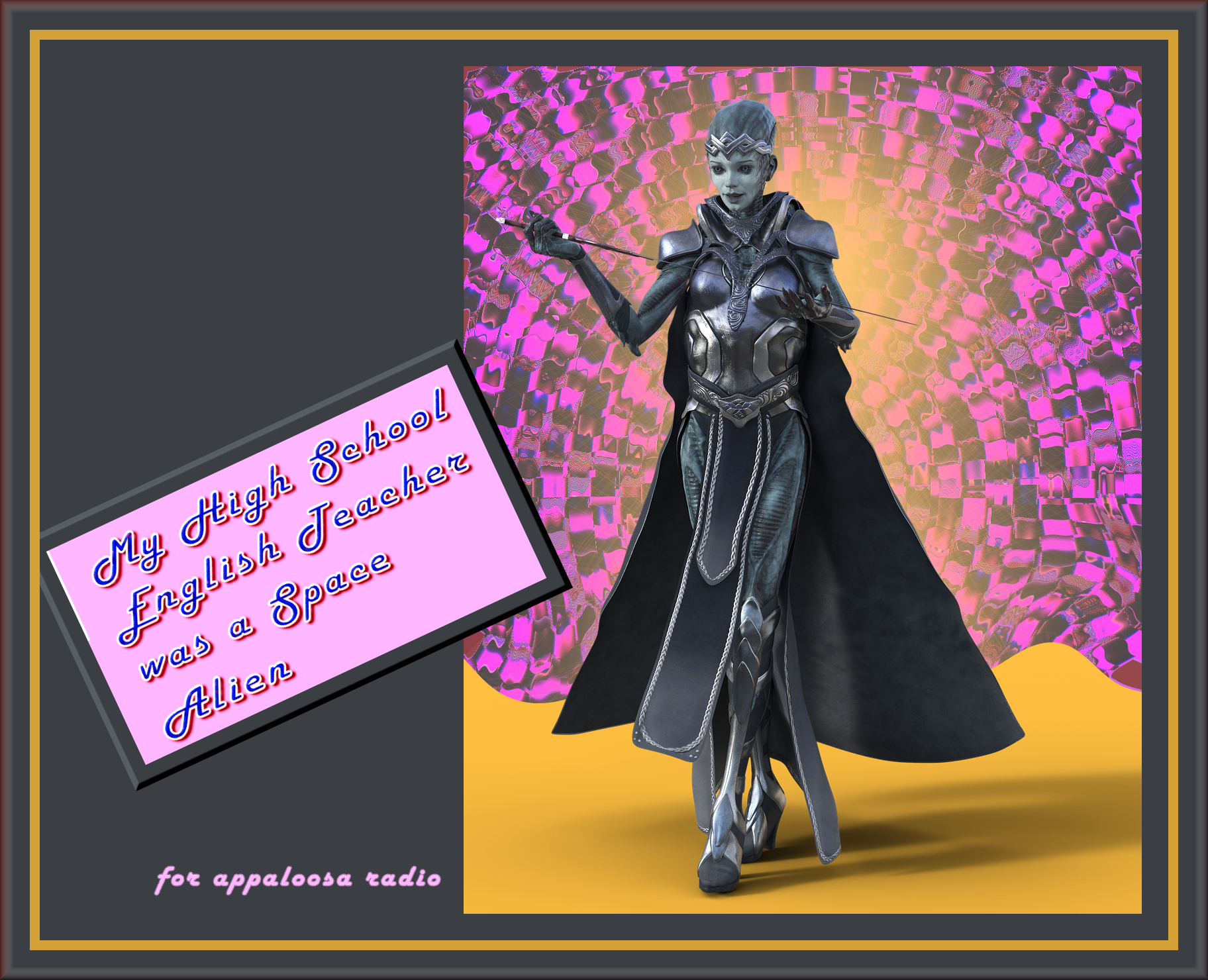
Then, earlier this week, I saw a YouTube tribute to the “lost” actors of Star Trek, actors who had died. Among the many well-known and much beloved actors was (you guessed it!) Elizbeth Cornaby.
She played Zylarian-14 during the very first season.
I researched more.
The Zylarians were a highly intelligent and technologically advanced species from the distant planet Zylaria. They have a unique ability to manipulate energy fields, allowing them to create powerful shields and weapons. Their appearance could be characterized by shimmering, iridescent skin and glowing eyes, making them visually striking and memorable.
Yep. Visually striking and memorable.
That was Mrs. Cornaby.
My High School English Teacher Was A Space Alien
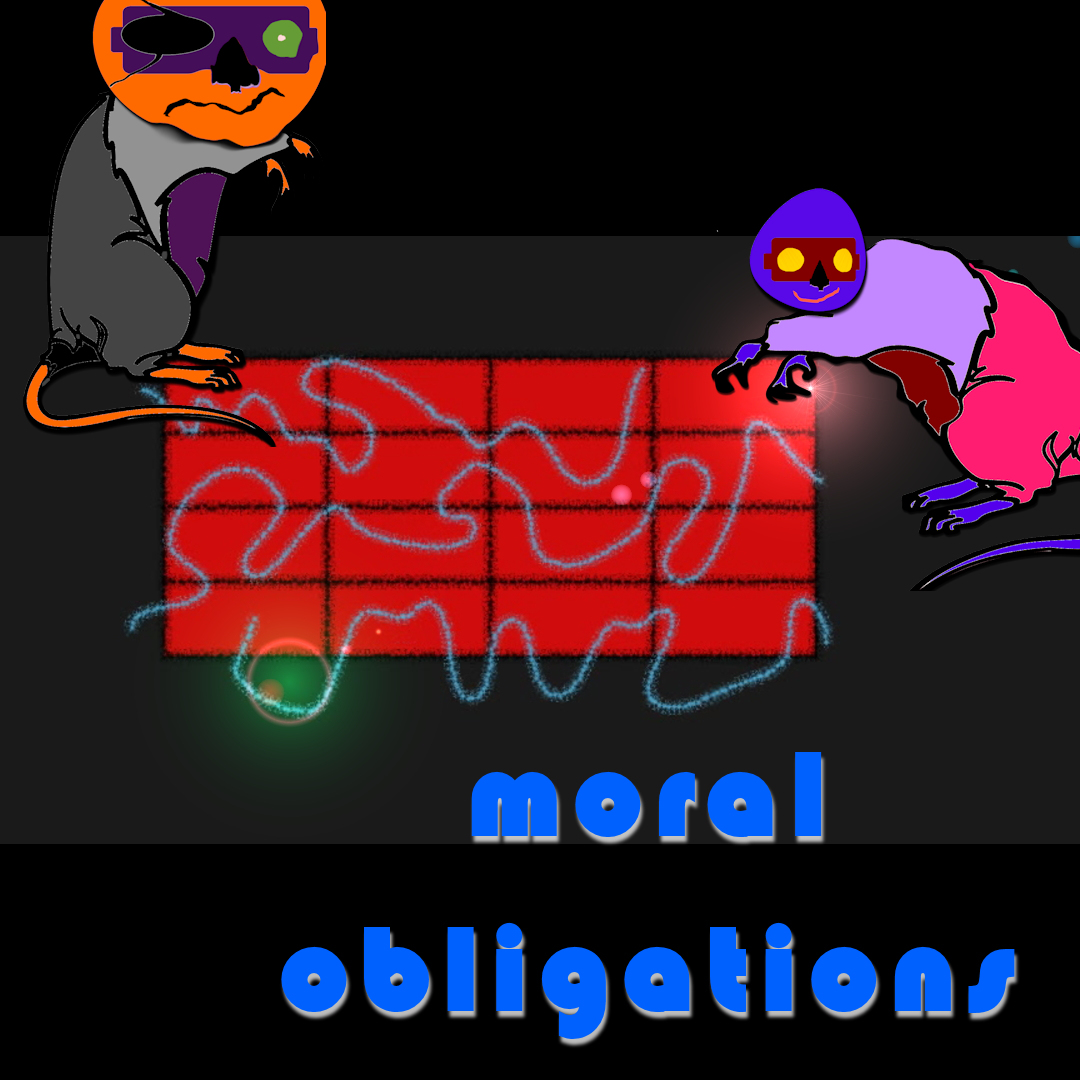
Moral Obligations
It had been days since either of them had eaten. They were the pioneers sent out by the colony to find the resources the colony needed to survive. They had crossed the vast emptiness and now were in the deep labyrinth where passage was slow.
The smaller one wasted their time talking about philosophical issues, particularly moral dilemmas. “Did you know, “he pondered, “for the price of a special, iced coffee latte in an upscale coffee shop, you could pay for the cataract surgery for someone in the less developed world?”
“So?” said the older, larger one who was missing an eye from a long-ago fight.
“It is a moral dilemma. Buy a spiced, iced coffee latte or pay for an eye surgery.”
“What is the dilemma?” snarled the one with a single eye. “If you’ve got enough crust, buy whatever you want. It is your money.”
“Still, I think it is moral dilemma. What should we do?”
Not bothered with such nonsense, the larger one responded. “I think we need to find something to eat, soon, so we can do what we were sent to do.”
~ VIEW VIDEO ~

a poem by Jeanie Turner
~ VIEW VIDEO ~

Very short audio stories — always less than five mintes listening time.

Susan Abrams gives us a short story about one of her favorite kitchen utensils, an older ice cream scooper with a yellow, fluted handle
BLAME
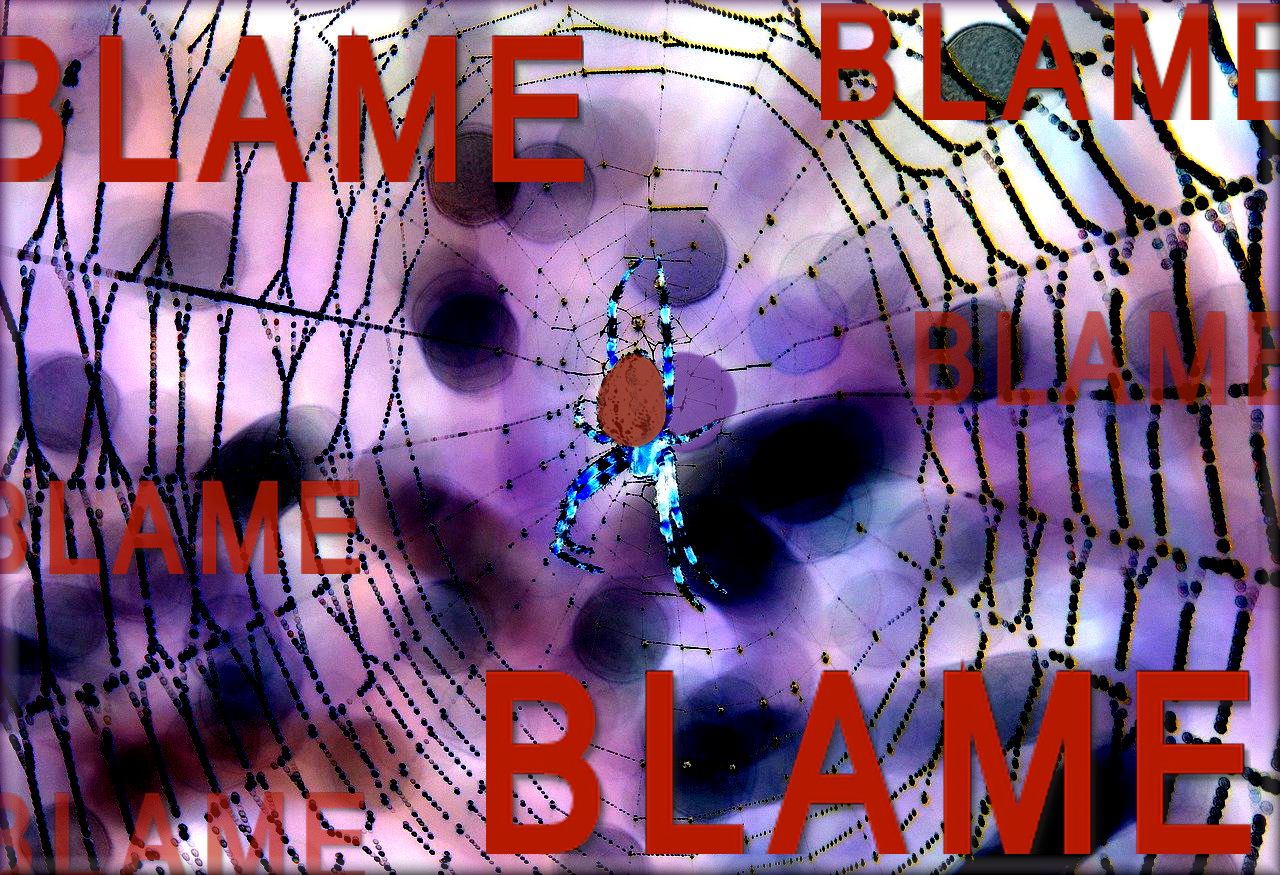
Roderick R. provides a rap poem about “blame.”

Dog, Man, and a Cessna

Lies that Salesmen Tell

My Best Friend Wrote a Book

Bodie and Sylvia
Bodie and Sylvia
Not My Kids!
Not My Kids!

At Traffic Court
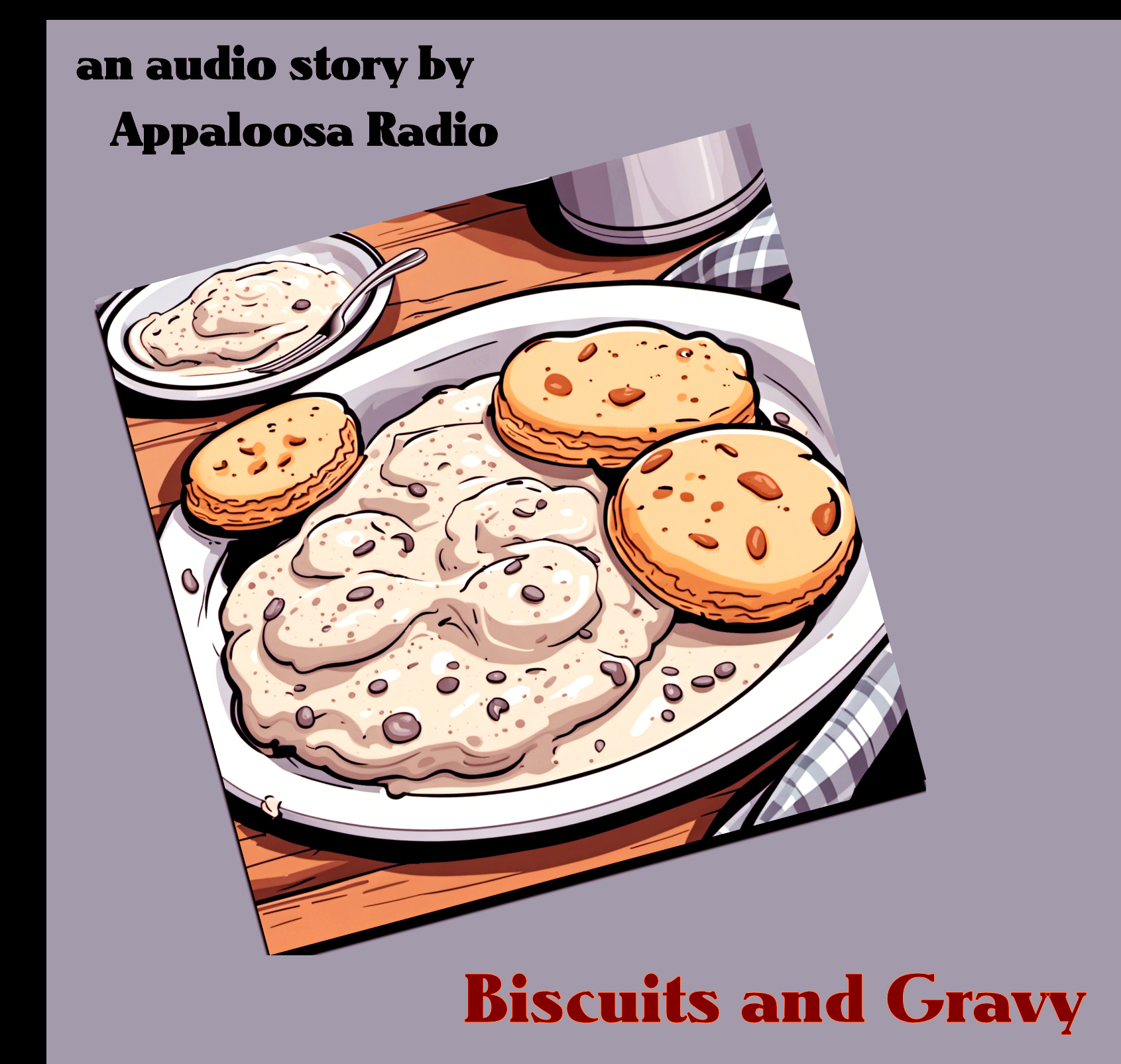
Biscuits and Gravy
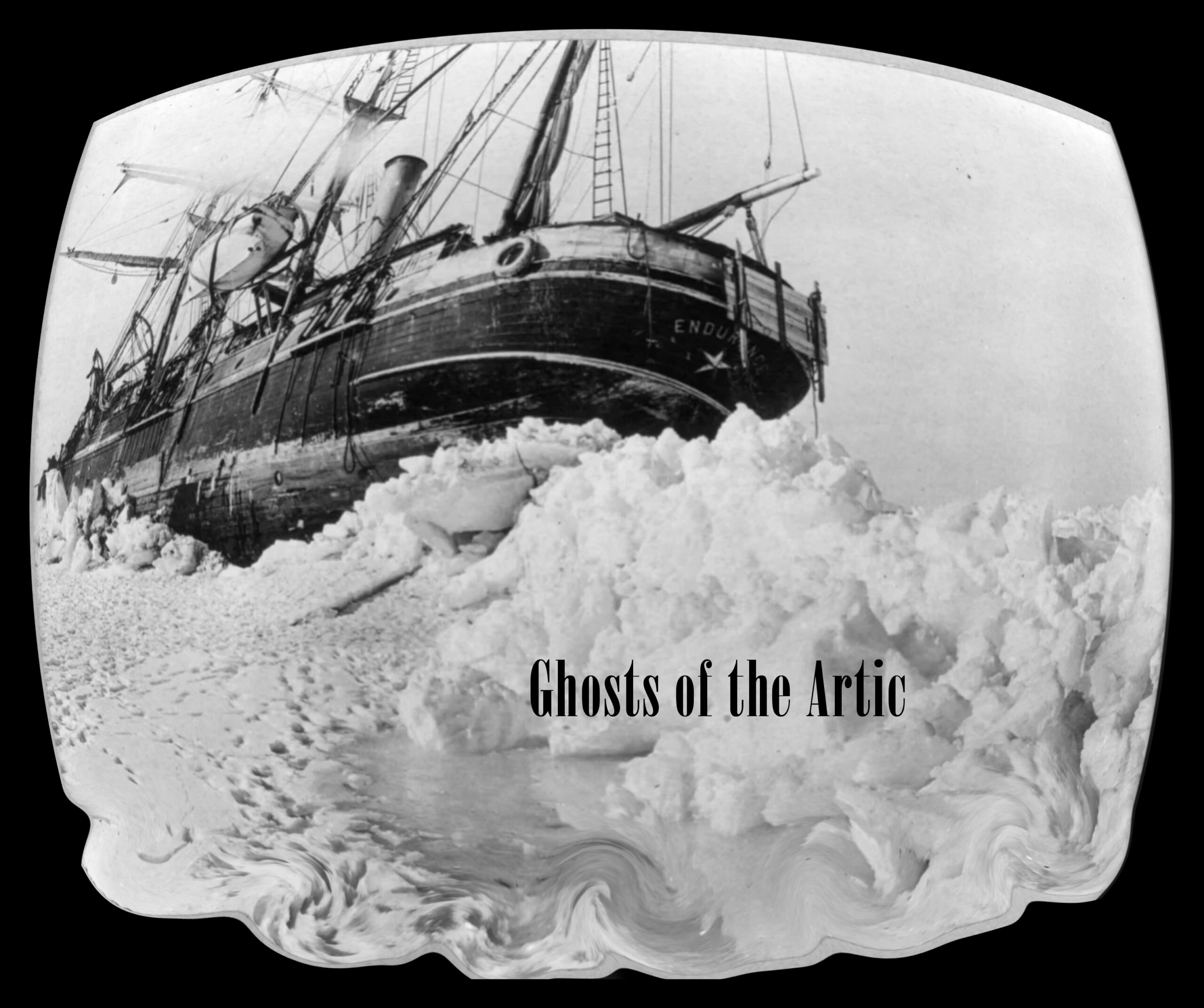
Ghosts of the Artic

Shoes

Golf
